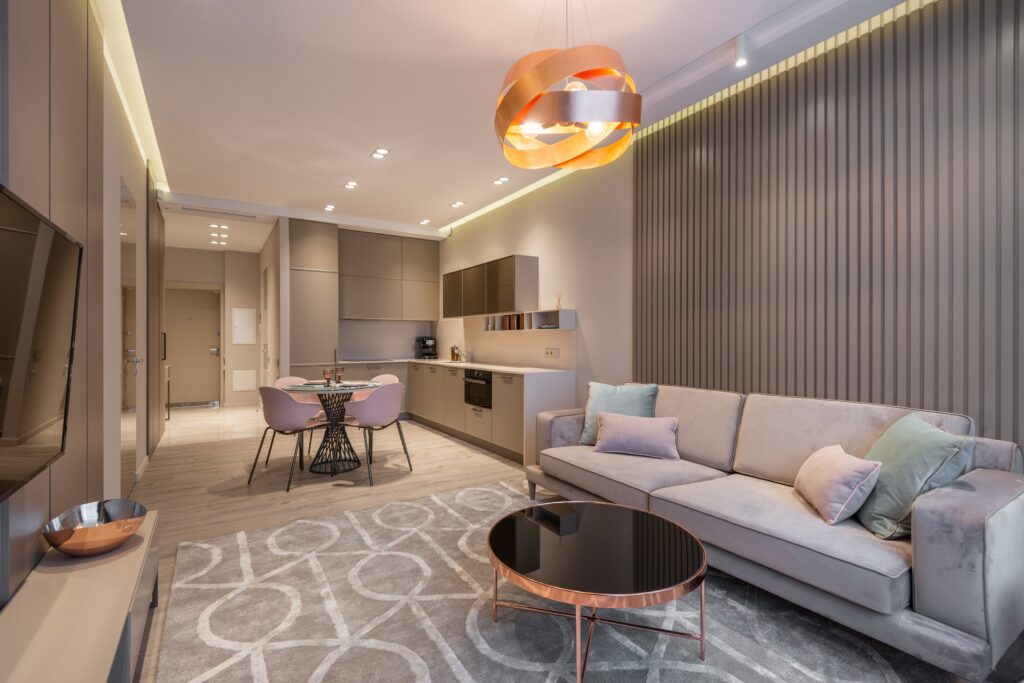Rising Costs of Housing and Apartment Rent in USA
The cost of housing and apartment rent is a major component of many people’s monthly expenses. In 2013, nearly half of renter households spent 30% or more of their gross income on rent. The rise of gentrification is also contributing to the cost of rent. In the United States, the average monthly rent for a two-bedroom apartment reached 1,295 U.S. dollars in 2018.

Rent control is a form of housing and apartment rent in USA
Rent control is a form of government regulation that limits the amount that property owners can charge their tenants. The laws vary by state, but typically set a limit for annual increases. The intent of rent control is to keep housing affordable for lower-income residents. Rent control laws also limit rent increases between tenancies.
Rent control has many advantages, but it also has some drawbacks. For one, the properties tend to be in poor condition and poorly maintained, since the landlords cannot raise the rent high enough to cover maintenance costs. As a result, these apartments often lack upgrades and renovations. Rent control is a great option if you are looking for a cheap apartment in a large city. However, it is not for everyone. If you’re looking for a newer apartment with modern amenities, you might not qualify for rent control.
Rising rent is a result of gentrification
Gentrification is a process in which newer residents arrive in an urban area, driving up rents and property values and displacing lower-income residents. These new residents are typically middle or upper-middle-class, and they often create a new culture and economy in the neighborhood. This process can be positive or negative, depending on the context. For example, it can drive longtime residents out of neighborhoods, leaving them further from job centers and requiring longer commutes or relying on public transportation. It can also lead to further concentrations of poverty. In larger urban areas, gentrification can create overcrowding and slum-like conditions.
In a neighborhood with a high level of gentrification, a family making $30,000 a year may pay $1,000 a month. That’s about 40 percent of their income. If they leave, another family with the same income will move in and pay $1,500 a month. Moreover, landlords can legally increase rent on a vacant property, thereby driving up the rent. As a result, the rent burden is disproportionately high for the poorest residents.
Impact of lack of construction
Lack of construction is a major contributor to rising housing costs in the USA. While the country’s population increased by 11.2 million over the last decade, only 9.9 million new housing units were built in that time. This shortage is particularly acute in many large metros. As a result, demand for affordable housing continues to outstrip supply, with rents increasing rapidly in many areas.
A recent study shows that a lack of new construction has increased the cost of housing in several cities. While cities have been adding jobs, they have been unable to keep up with the growing demand for housing. Only ten of the nation’s 50 largest metro areas have been able to keep pace with the need for more housing. San Francisco, for example, added 3.0 jobs per new housing unit from 2005 to 2010, but only 6.8 in the post-recession period. While the lack of construction has increased housing costs, cities can take action to increase supply. Federal resources can be used to help cities build affordable housing and address other construction challenges. Increasing the availability of skilled labor is another way to boost construction


